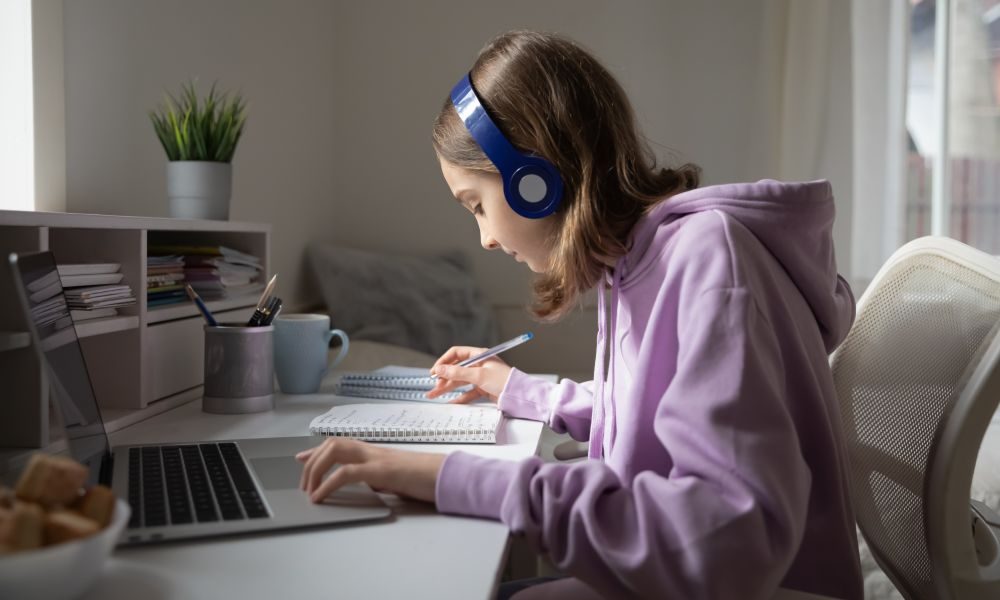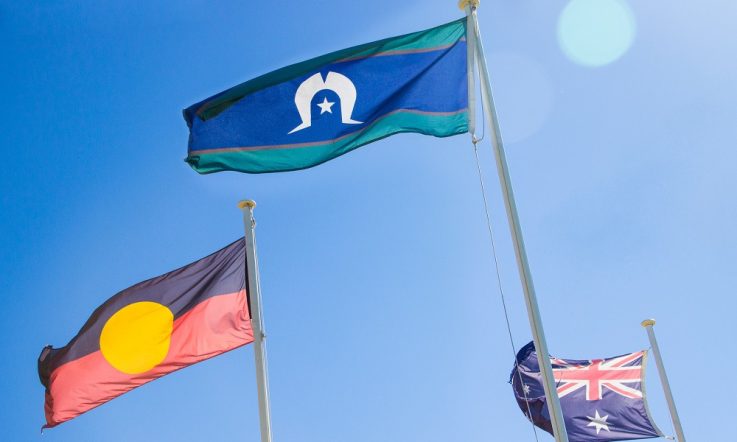Welcome to the first edition of Researching education: 5 further readings for 2025. In this series, we take a look at some further readings available on a particular topic, including open access research papers from various online databases, and Teacher archive content you might not have come across yet.
In this edition of Researching education: 5 further readings, we’re sharing 5 readings that focus on post-pandemic learning. In the below resources, you can read research into the impact of small-group tutoring, results of a case study into migrant parents’ experiences during emergency home-schooling, and more.
- Reinvigorating and reimagining our schools: A vision for post-pandemic schooling in Australia. This paper from the Mitchell Institute at Victoria University positions 3 practices as ones that will help shape the future of school education: adaptive leadership, responsive teaching and generative assessment. ‘The future of Australian education must move beyond post-COVID recovery to reinvigoration. We must take the best of what was learned during the COVID-19 crisis, and build on it to tackle systemic challenges that pre-dated the pandemic,’ the report reads.
- Sociality, resilience and agency: How did young Australians experience online learning during COVID-19? Published in the Australian Educational Researcher journal, this paper reports on a study conducted in 2020 that involved interviews with 8 young people from New South Wales and Victoria across all school sectors to gain insight into their experiences of learning during COVID-19. While the students reported feelings of vulnerability and losses in learning, they also spoke about how they rose above the challenges, namely through moments of agency and feelings of resilience.
- Connection, connectivity, and choice: Learning during COVID-19 restrictions across mainstream schools and flexible learning programs in Australia. Academics from the University of Queensland and the University of Tasmania collaborated for this 2022 paper that explores 3 themes – connection, connectivity and choice – that emerged from 30 interviews with secondary school students experiencing disadvantage during the pandemic. ‘Findings indicate a need for strengthening student-centred policy and practices aimed at leveraging the affordances of information technology, balancing self-directed and structured learning, and providing holistic support to enable meaningful student choice,’ the authors say.
- Learning Lessons: The future of small-group tutoring. Here, you can read about the impact of small-group tutoring that took place in New South Wales and Victoria during the pandemic. The paper presents background on small-group tutoring, how it was used during COVID-19, and potential barriers to implementing small-group tutoring at scale.
- ‘It’s out of my hands’: Migrant parents’ challenging experiences of home-schooling during the COVID-19 lockdowns. This open-access article from the Australian Journal of Education reports on a qualitative case study that investigated the experiences of 20 migrant parents during emergency mandatory home-schooling in Victoria during the pandemic. Analysis of the case study data revealed migrant parents experienced financial hardship, language and technological barriers, time constraints, and disengagement and exhaustion during this time. ‘Remote learning may return in the future, and we must prepare for such disruption by improving equitable access to education delivered online and at home,’ the authors say.
Some of the resources featured in this article can be found through Cunningham Library Catalogue and EdResearch Online. At the links below, you can search for more resources on the topic of post-pandemic learning in these 2 online databases.
You can also browse other education topics at this page.
The Cunningham Library membership is open to individuals, schools and organisations. Membership includes access to a comprehensive collection of education research literature; weekday alerts to a selection of Australian education news; fast supply of articles and books from the collection; support in finding research; and an integrated online search tool that works across all our resources.
To become a library member, visit the website.



